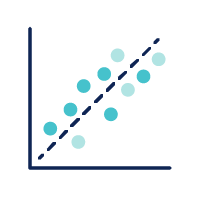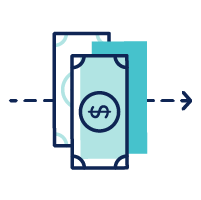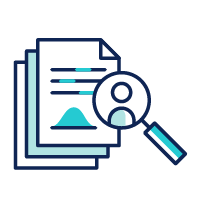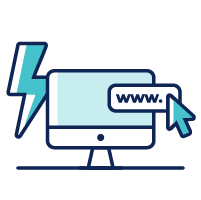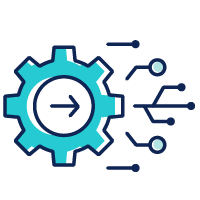The energy industry is evolving rapidly, and many energy companies trust pre-employment testing to help them highlight top talent and make smarter decisions when it's time to hire.
The Statistics
- The number of solar photovoltaic installer jobs are expected to grow by 105% between 2016 and 2026
- The number of wind turbine service technician jobs are expected to grow by 96% between 2016 and 2026
- 32% of U.S. employees working in the construction industry work on energy or energy efficiency related projects
- The solar workforce grew 25% in 2016
- Employment levels in wind power grew 32% in 2016
Why Use Pre-Employment Testing
Energy companies use pre-employment testing to help ensure they hire qualified, productive workers with the skills needed to succeed in the energy industry. Oil service companies, for example, use testing to screen prospective field service technicians, rig hands, and supervisors. Fast growing segments of the energy industry, like solar and wind power, also use testing to hire for the expanding demand in that field. Pre-employment testing can help ensure you're identifying people who are both comfortable with and capable of performing the day to day tasks required for a variety of jobs in the energy industry.
What Tests to Use
For rig hands and service technicians, many companies use the Wiesen Test of Mechanical Aptitude (WTMA). The WTMA assesses a candidate's comfort with and ability to learn new mechanical concepts. This is important since these kinds of positions require working with machinery and equipment on a daily basis.
The Criteria Basic Skills Test (CBST) is another test often administered to a wide variety of positions within the energy industry. The test measures basic math and verbal skills that correlate to learning ability and overall job readiness, and is particularly useful when testing for mid and entry level positions that don't typically require a college education.
Companies in other sectors of the energy industry often use tests like the Criteria Cognitive Aptitude Test (CCAT) when hiring project managers, supervisors, or engineers. The CCAT measures the high level of critical thinking and problem-solving required in upper level roles.
In terms of personality, the Workplace Productivity Profile (WPP) is a behavioral risk assessment that looks at attitudes toward rule-following and work ethic. It is often administered for roles where it's imperative for workers to adhere to certain protocols and safety procedures.
Why Criteria
- State-of-the-art, cloud-based assessment platform
- Unlimited access to all of our aptitude, personality, and skills tests
- Tests backed by science and validated for employment
- Flat-fee pricing model
Learn About Pricing
